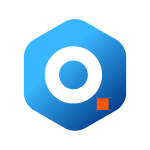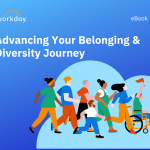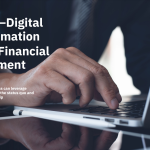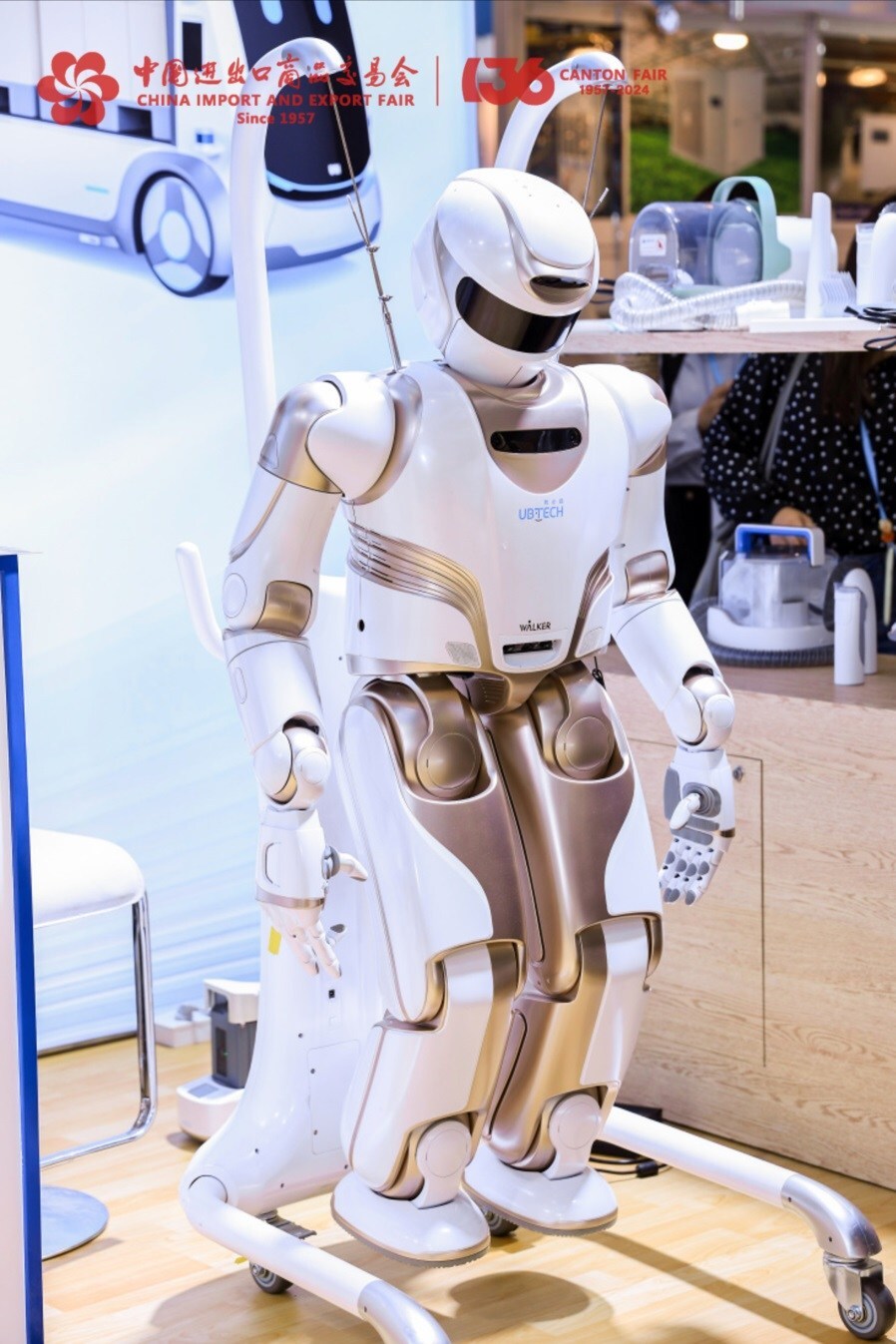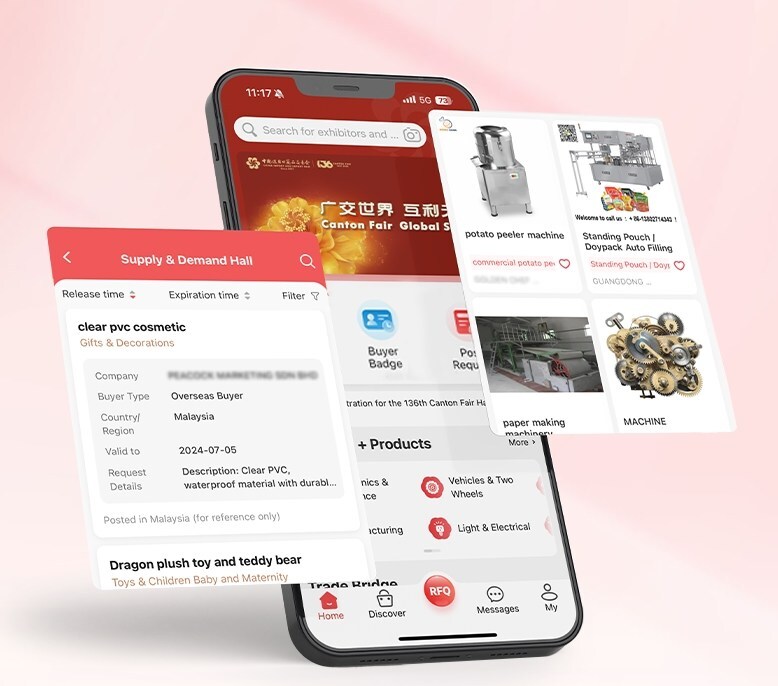Those at the start of their accounting journey are at the level of CFO 1.0. This is the traditional model ofthe chief financial officer, who would keep track ofcash flow and financial planning as well as analyze the company’s financial strengths and weaknesses. Many of the day-to-day tasks are still manual and any corrective actions they propose for the running of the business are based on out of date statistics and figures.
The CFO 1.0 is, for all intents and purposes, looking backwards, in the rear-view mirror—running processes and making use of financial reporting tools that traditionally show what happened yesterday (or last week, or the previous month). Their focus is on reporting accurately what has happened, and often this is their only focus.
They are mobile, social, flexible, and adept at change. The Millennial generation is always-on and data-savvy, open to sharing their information with the world. They trust data and expect technology to provide a solution for almost everything.
The effects of the changing forces of digitalization cannot be underestimated. During the past decade, many jobs for which people were trained and educated have significantly evolved because of digital technologies.It’s not just increasing interaction between Baby Boomers and the digital- native Millennials and Gen Z, who often lead adoption.
It’s also a rapid adaptation of technology that’s more and more intuitive in the first place. Importantly, we largely trust the technology.


